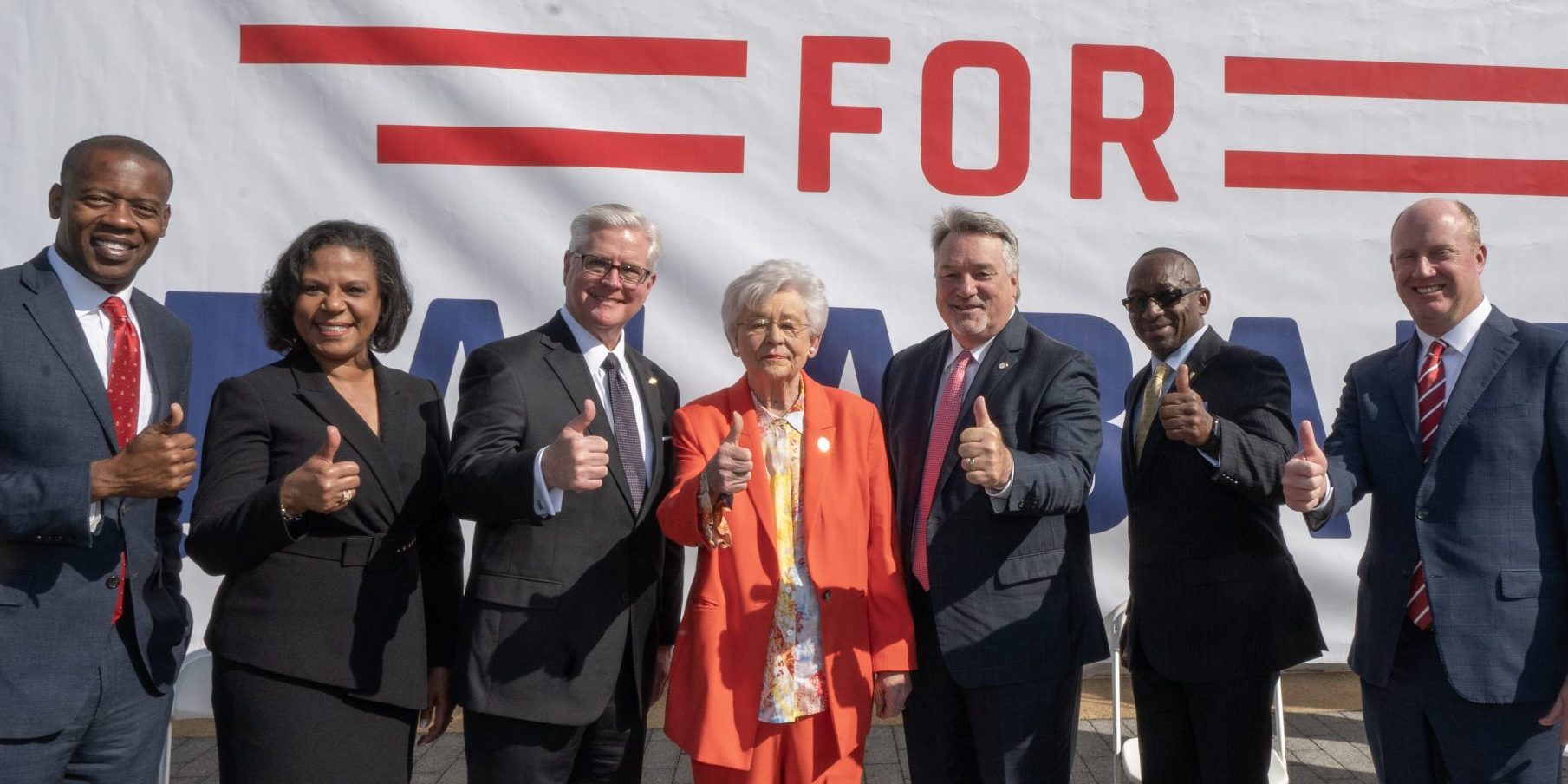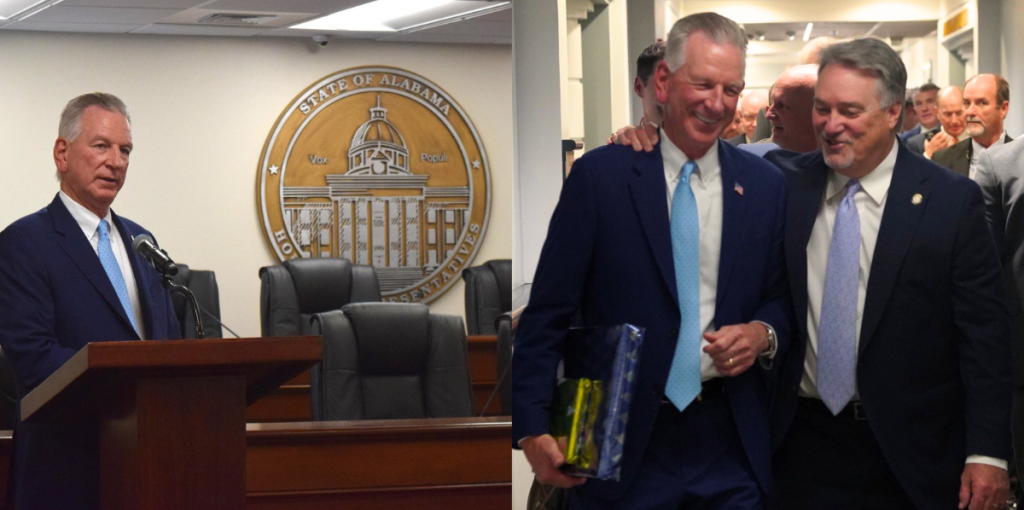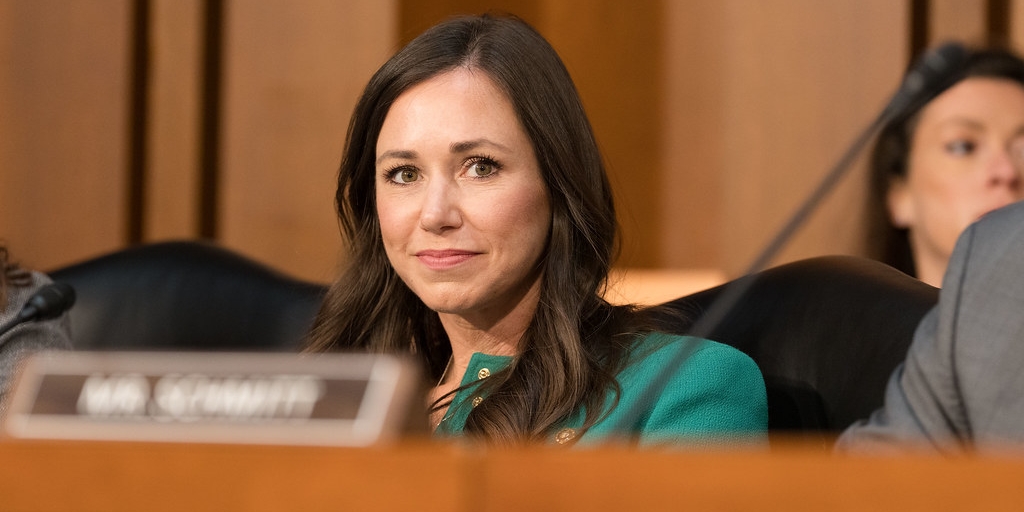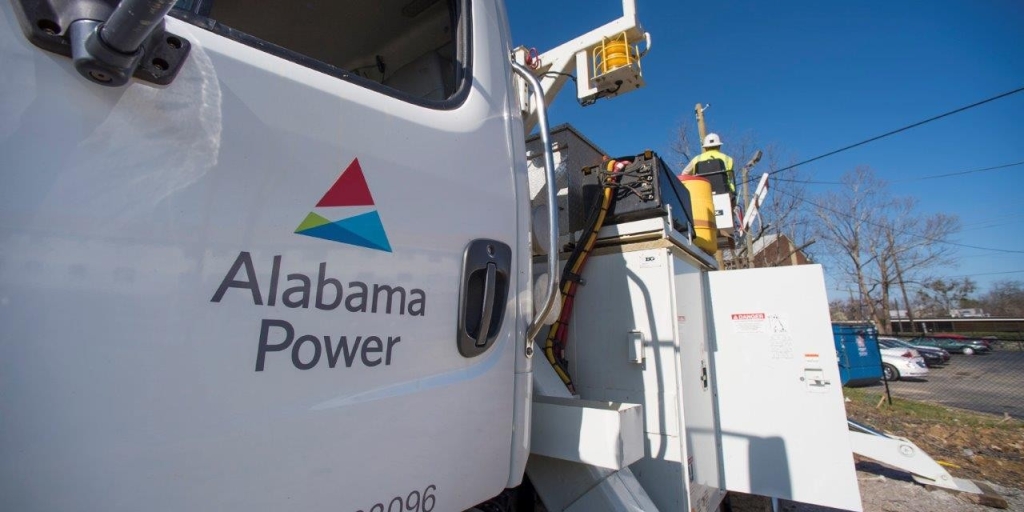This week, both chambers of the Alabama Legislature advanced bills to address a vulnerability in Alabama’s workforce and economy: Almost half of the state’s working-age individuals are neither employed nor seeking to participate in the workforce, reflected by one of the lowest labor force participation rates in the nation.
A seven-bill package entitled “Working for Alabama” is the product of state leaders across government, business and education studying the challenge in recent years to provide a comprehensive solution that includes childcare, housing, economic development, and a streamlined approach to workforce development.
This week, lawmakers embraced the proposal by passing the Alabama Workforce Housing Tax Credit, the Childcare Tax Credit, the Alabama Growth Alliance Act, the Alabama Workforce Transformation Act, and the Alabama Career Pathways Act out of one or both chambers.
Workforce Transformation
Streamlining workforce development agencies and efforts at the state level under a new agency, the Alabama Department of Workforce, was a top priority identified by Lt. Governor Will Ainsworth’s 21st Century Workforce Study Commission.
This week, SB247, the Workforce Transformation Act, passed both the Alabama House and Senate.
“This is the first step of the Working for Alabama package,” Senate Majority Leader Steve Livingston, the bill’s sponsor, said. “This brings all the agencies under one Secretary of Workforce. That’ll save the state money. It’ll make it easier for you to find a job. The whole alignment will be much smoother.”
Under the bill, every four years, the Alabama Department of Workforce will produce and update a Alabama Workforce Development Plan, to outline the roles of the state’s workforce-related agencies within a coordinated pathway for recruitment, training, and employment – including both job placement and retention.
RELATED: ‘Working for Alabama’ to power up state workforce, economy with legislative package
Consolidating workforce development functions of the Alabama Department of Commerce’s Workforce Development Division and the Department of Labor will combine $370.7 million of total state and federal funding earmarked for workforce development. Lawmakers say streamlining the state’s approach will ultimately help Alabamians find good jobs.
“Alabama has one of the worst labor force participation rates in the nation,” Education Trust Fund Committee Chairman and State Rep. Danny Garrett (R-Trussville) said, “but by reducing government inefficiency, streamlining and making more effective our state’s workforce development programs and removing key barriers to entry – we’re going to change that and get more Alabamians into the workforce and contribute to our economy.”
The Workforce Transformation Act passed both the Senate and House unanimously, and now goes to Governor Ivey’s desk for her signature.
Childcare Tax Credit
On Tuesday, the Alabama House passed HB358 to establish an employer tax credit, child care facility tax credit and nonprofit child care provider grant program to assist working Alabamians with childcare. Such a proposal has been gaining attention and support from leaders across the public and private sector since last year.
If passed, tax credits would be available for employers that provide on-site childcare or stipends to employees for childcare expenses up to $600,000 each year. It also creates a credit for childcare providers who participate in the state’s childcare quality rating program and donors to nonprofit childcare providers for facility improvements.
After unanimous passage from the Alabama House on Thursday, the bill sponsored by Minority Leader Anthony Daniels (D-Huntsville), will head upstairs to the Senate.
RELATED: State Sen. Gudger: Child care is the industry that keeps Alabama working – it’s time to invest in it
“In the first year alone, Child Care Tax Credits are projected to affect 7,079 families and 10,000 children, potentially reaching nearly 58,000 families and 50,000 children over five years,” said State Sen. Garlan Gudger, who is sponsoring the childcare component of Working for Alabama in the Senate.
“Through the implementation of each of these Child Care Tax Credits, we will strategically invest in Alabama’s economy by incentivizing both employers and child care providers to expand access to child care services and allow parents to both care for their child and provide for their family,” Gudger (R-Cullman) said.
Housing Tax Credit
An Alabama workforce housing tax credit was advanced to complement existing federal housing tax credit program created under the Reagan Administration to incentive investment in the development of affordable workforce housing.
Originating in the House, sponsored by State Rep. Cynthia Almond, HB346 received unanimous passage after discussion from members. Under the program, developers receive tax credits in exchange for committing to cap rental rates. Rep. Almond (R-Tuscaloosa) said the benefit is to incentivize developers to do something they otherwise wouldn’t be able to do, which will help address Alabama’s workforce housing crisis.
RELATED: Mayor Sandy Stimpson: Building Alabama’s workforce is a call for affordable housing solutions
State tax credits would generate roughly 25% of development capital while private and federal capital would fund the remaining 75% – and no incentive would be issued by the state until the project has been completed.
The housing tax credit piece of Working for Alabama will now go to the Senate for consideration, where it’s being carried by State Sen. Chris Elliott (R-Josephine).
Career Pathways Act
A bill to create a workforce pathways diploma to better prepare Alabama’s k-12 students who are non-college-bound to enter the workforce or earn credentials also passed both chambers this week. It would also invest in Career & Technical education centers across the state.
“We’ve been working since 2019, with the Lieutenant Governor’s 21st Century Workforce Commission, and what we found during this time is 45% of the high school students that graduate are not going to college,” said State Sen. Donnie Chesteen (R-Geneva), who led the bill to final passage in the higher chamber on Tuesday.
“And that’s why it’s so important for us, if we want to move the needle with our labor participation rate, we have a we have a group that we need to capture immediately after high school — they’re able-bodied, ready to go to work. All they need is some direction and a skill that will allow them to enter the workforce in these high-wage, high-demand jobs, and be able to earn a living for their families.
RELATED: Building Alabama’s future workforce: Over 5,300 companies partner with ACCS
Under the new diploma pathway, the Alabama Department of Education would prepare the curriculum to CTE programs to satisfy existing math and science requirements for students in grades 10-12. This is good news for some students, House sponsor State Rep. Kalvin Lawrence said after passage.”
“It’s a reality that not all Alabama high school students plan on attending college,” Lawrence (D-Hayneville) said. “The good news is the state of Alabama has a large number of high-quality jobs available that are well-paying and can give our youth the ability to pursue a great career for themselves and their families without a four-year degree.”
Alabama Growth Alliance
Lawmakers and state leaders say by leveraging the strengths of both the public and private sectors, the state can foster a more collaborative and efficient approach to economic development. SB252 ensures a public-private partnership of that caliber will routinely review the state’s key economic development strategy.
“Economic and workforce development is vital to the future success of our state. The accomplishments of tomorrow will be direct results of the decisions and investments we make today,” Senate President Pro Tem Greg Reed, the bill’s sponsor, said after Senate passage on Tuesday.
“The Alabama Growth Alliance will partner public and private stakeholders together to examine what our state’s needs are for a bright future. This legislation will positively impact our economic and workforce development plans and investments for generations of Alabamians,” Reed (R-Jasper) said.
RELATED: Legislative leaders discuss ambitious workforce and economic development package
When handed to the House, lawmakers promoted the bill as an additional structural approach and a regularly-updated economic development plan for the state. The Alabama Growth Alliance Act, sponsored by Rep. Randall Shedd (R-Fairview), aims to set the framework to accomplish this goal.
“We’ve made tremendous progress on some very significant issues in our state over the past few years,” said State Rep. Randall Shedd after House passage. “Look at broadband – we were ranked 47th just a few years ago, and now we’re ranked in the twenties. That kind of progress in a short time is a result of planning, effort and collaboration between the public and private sectors to create an environment where we can affect the most change.”
“By creating a structure for our state’s workforce development efforts that tracks outcomes to ensure accountability, and a plan that has private-sector input and is regularly updated to keep up with a changing global environment, we can have a more deliberate, intentional and effective approach to growing our economy,” Shedd (R-Fairview) said.
RELATED: Ainsworth envisions Alabama as ‘workforce engine of the Southeast’
As multiple bills within the Working for Alabama package await the passage of tweaks and changes made by the corresponding chamber, the Workforce Transformation Act already await Governor Kay Ivey’s signature. As first outlined in her 2024 State of the State address, Ivey is fully supportive of the legislative package.
“Our state will not reach its full potential with nearly half of its population sitting on the sidelines. Alabama can do better, and it will take making Alabama’s workforce programs more effective and efficient,” Ivey said in February.
Tuesday will mark Day 24 of the 2024 state legislative session.
Grayson Everett is the state and political editor for Yellowhammer News. You can follow him on Twitter @Grayson270













